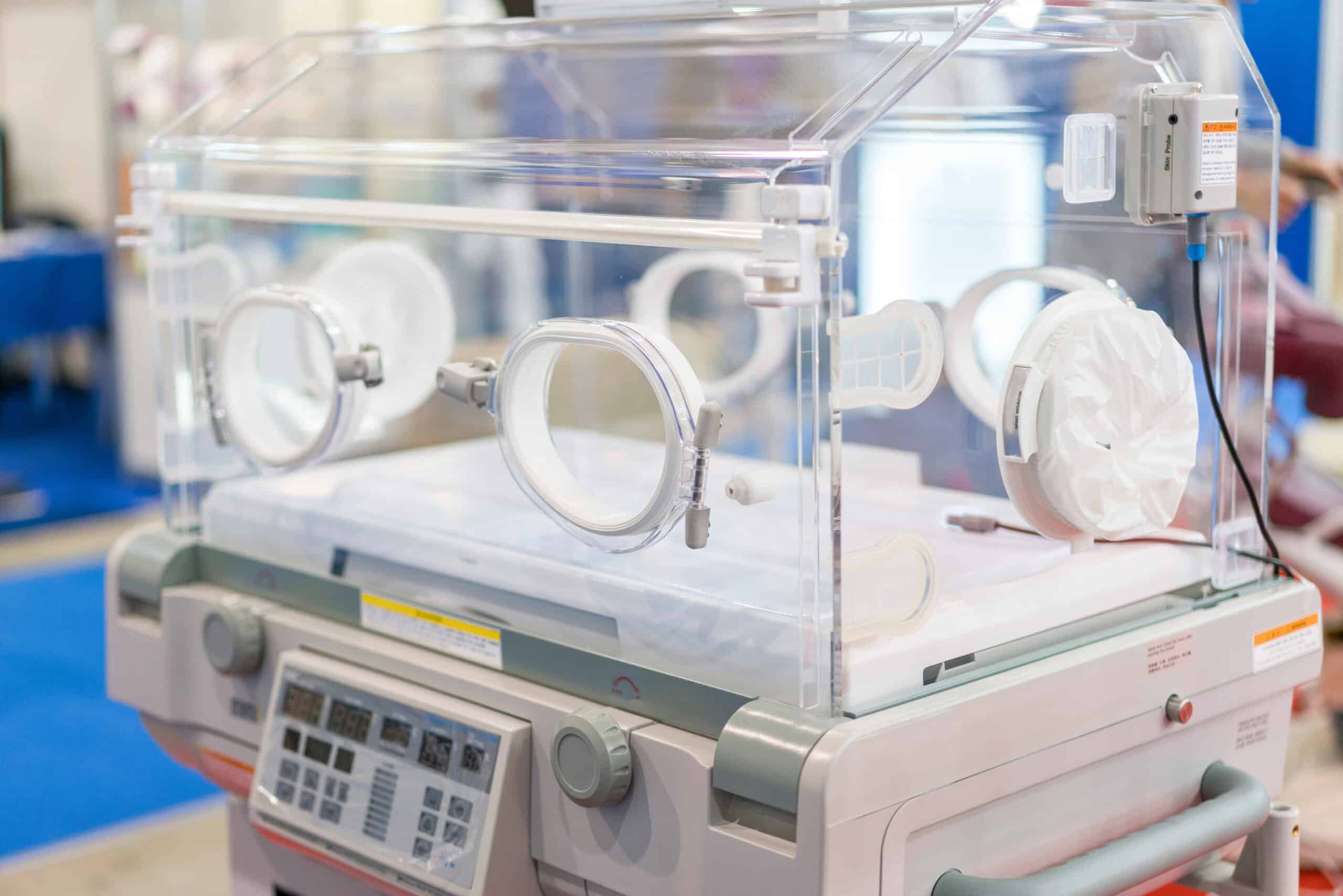Medical device components must meet stringent requirements for accuracy, quality, and safety. As such, the medical industry heavily relies on computer numerical control (CNC) machining for its ability
to create highly precise parts with faster speeds and improved efficiency. At COMCO Plastics, we can machine plastic medical device components from a wide range of high-performance materials. Using advanced CNC milling and turning processes, we can deliver high-quality machined parts that adhere to the tightest of tolerances.
CNC Machining Capabilities of Medical Devices
At COMCO Plastics, our medical device machining capabilities include both CNC milling and CNC turning. Both of these processes are essential techniques for producing precision parts for critical medical applications. The primary difference between CNC milling and turning is which part moves:
- CNC Milling. During the CNC milling process, the workpiece remains stationary while the cutting tools move around it to produce the desired part.
- CNC Turning. In CNC turning, the workpiece rotates while the cutting tools remain in place to machine the part.
Materials for Medical Device CNC Machining
COMCO Plastics uses a variety of high-performance materials for medical device CNC machining. All medical device components must be designed with either disposal or sterilization in mind, in addition to meeting the necessary requirements for malleability, tension, resistance properties, and more. The materials we use include:
- Delrin. Delrin is a dimensionally stable, rigid, and high-strength thermoplastic that is well-suited for medical applications. The material also resists chemicals and features a low coefficient of friction, making it ideal for CNC machining high-precision, durable medical devices.
- Acrylic. Acrylic is well-known for its optical clarity and impact resistance.
- Polycarbonate (PC). PC is a great material for CNC machining medical components due to its optical clarity, high strength, and resistance to impact.
- PEEK. This engineering thermoplastic is famous for its excellent strength and high-performance properties. It is also chemically resistant, making it an ideal choice for medical devices and components regularly exposed to harsh chemicals.
- PTFE (Teflon). This medical-grade thermoplastic is known for its good dimensional stability and resistance to high temperatures. It is a great choice for medical applications requiring repetitive steam sterilization, high precision, and reliability.
- Polypropylene (PP). PP features high resistance to chemicals, making it useful for medical devices requiring constant sterilization. It also offers good dimensional stability, ensuring optimal precision for machined components.
- UHMW PE. Ultra-high molecular weight polyethylene (UHMW PE) is a popular material choice in the medical industry due to its wear resistance, high strength, and biocompatibility.
- Nylon. Nylon is a highly versatile engineering-grade thermoplastic. It is commonly used for medical applications because of its high strength and toughness.
Why Choose CNC Machining for the Medical Devices
CNC machining is a highly beneficial process for manufacturing medical device components and instruments. Its key advantages include:
- Speed. Medical CNC machining enables the fast production of medical parts and components. Depending on part complexity, you can machine finished components within a matter of hours.
- Precision. CNC machining can achieve the extremely tight tolerances required for complex and sophisticated medical devices.
- Flexibility. CNC machining offers the flexibility to produce any volume of custom-machined medical devices with high precision. The flexibility of CNC machining also allows it to accommodate various part complexities and material types.
Quality Control in Medical Device Machining
Medical CNC machining and plastic injection molding require rigorous quality control measures. At COMCO Plastics, we are ISO 13485:2016 certified to ensure we maintain the highest quality control procedures in the manufacturing, documentation, and delivery of your medical device components. We also comply with section 510(k) of the Food, Drug, and Cosmetic Act, which requires manufacturers to notify the FDA at least 90 days in advance of their intent to market a medical device. This is known as the Premarket Notification, or PMN.
Contact COMCO Plastics for CNC Machined Medical Devices
CNC machining is a highly beneficial process for manufacturing highly complex, precise medical device components and instruments. At COMCO Plastics, we rely on CNC turning and milling processes to deliver high-quality plastic medical parts that adhere to tight tolerances. We can work with a wide variety of high-performance materials and maintain strict quality control measures to ensure your medical devices meet all the necessary requirements. For more information about our precision medical machining capabilities, contact us or request a quote today.
